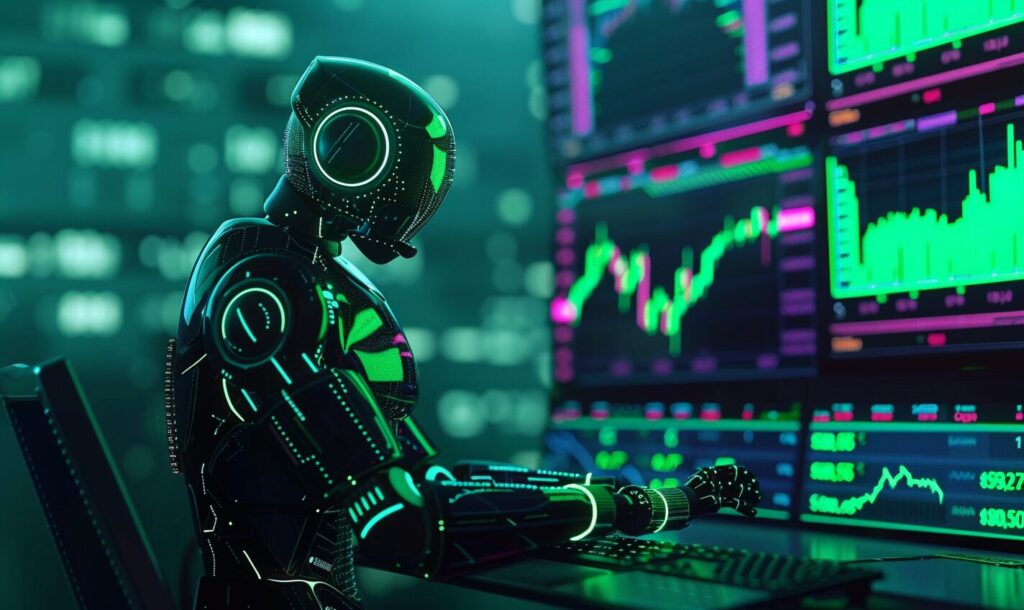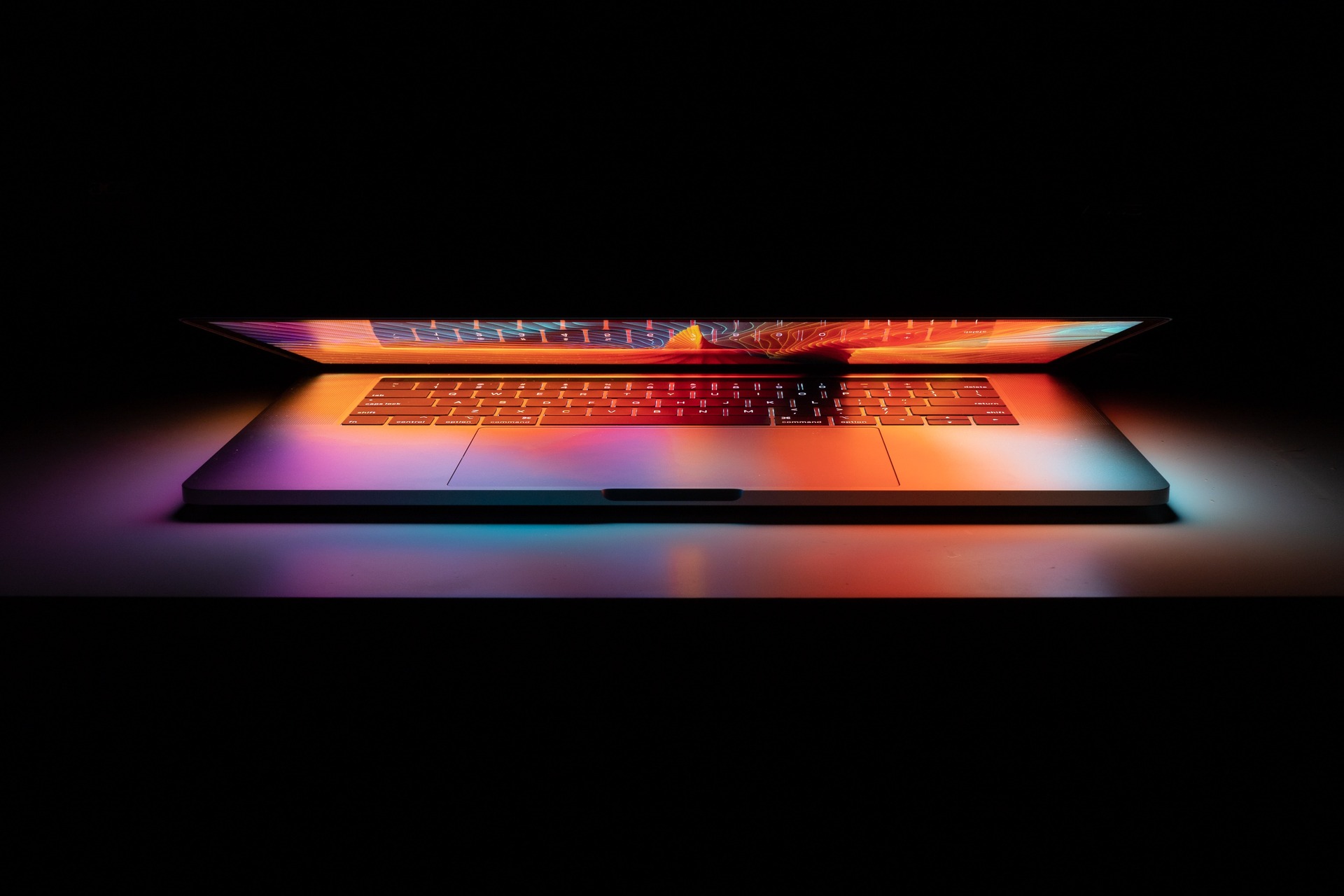Artificial intelligence (AI) has quickly moved from a topic mostly covered in science-fiction stories to a game-changing technology in real life. People are perpetually curious about artificial intelligence in robots. How does it help those machines work better? Let’s take a look.
Improve Navigation
Many robots work without human intervention. That means they must steer around obstacles and respond to immediate environmental changes. Many warehouses have mobile robots that use AI to recognize the surroundings and operate safely in busy areas. If you have a floor-cleaning robot, it uses AI to do the same thing, knowing where your furniture and staircase are and maneuvering around those or other obstacles.
Food delivery robots are similar. They move around a space to learn its dimensions and create a digital map. They then store that information in memory, then use computer vision to navigate in the future and avoid obstacles. Artificial intelligence in robots makes all those things possible.
Ease Loneliness
Loneliness can be a devastating problem at any age, but particularly for older adults. That’s why some people think artificial intelligence in robots could turn machines into pleasant companions. Some such products on the market can suggest activities or provide reminders, adding possible conveniences for the people using them.
However, a small poll of older adults suggested they have mixed feelings about robots as companions. Some didn’t like the idea of robots telling them what to do and thought interacting with robots so much would shrink their brains. However, others felt the robots would be nice for helping them with tasks or providing some conversation. That’s a good reminder that robots may not improve loneliness in all cases, but they’re worth considering.
Perform Surgery
People eventually realized construction workers had better dexterity and strength when they wore robotic exoskeletons. Many researchers also understood that robots could lead to better surgical outcomes. They don’t replace human surgeons, but the machines can often perform with better accuracy than people. That’s an important advantage, especially when operating on a delicate and essential body part such as the eye. Many surgeons use tools such as joysticks to control robots.
In one case, researchers made a laparoscope that self-corrected its position using AI algorithms. However, artificial intelligence in robots is often a supplemental part of a machine. Consider a product that shows visual overlays as a person uses a robot to perform bowel surgery.
Provide Assistance
Efforts are also underway to use artificial intelligence in robots that help people. One recent example comes from Currys, an electrical goods retailer in the United Kingdom. The company deployed a robot that greets customers and leads them to the products they want to buy.
Some robots are specifically designed to help people working in assistance-based roles. One Korean barbecue restaurant purchased robots to help servers carry multiple hot dishes at a time. That advantage promotes safety and productivity while enabling servers to be more attentive to customers. When they don’t have their hands full of food, it’s easy for waitstaff members to answer questions, address concerns and more.
What Does the Future Hold for Artificial Intelligence in Robots?
As modern robots become more capable, people will keep pushing the boundaries of what the machines can do. It’ll be exciting to see where that leads, especially if the efforts break new ground in robotic technology.
Of course, not all efforts immediately succeed. Even so, people will undoubtedly learn valuable things that will help them with future robotics projects. Plus, the failures will teach robotics professionals what works and what doesn’t, letting them apply that knowledge to all their endeavors.
Many existing robotics applications help people solve problems. That’s why it’s so exciting to wonder what’s on the horizon. If robots help people live happier, healthier lives at home and work, these machines could change society for the better.
Recent Stories
Follow Us On
Get the latest tech stories and news in seconds!
Sign up for our newsletter below to receive updates about technology trends














